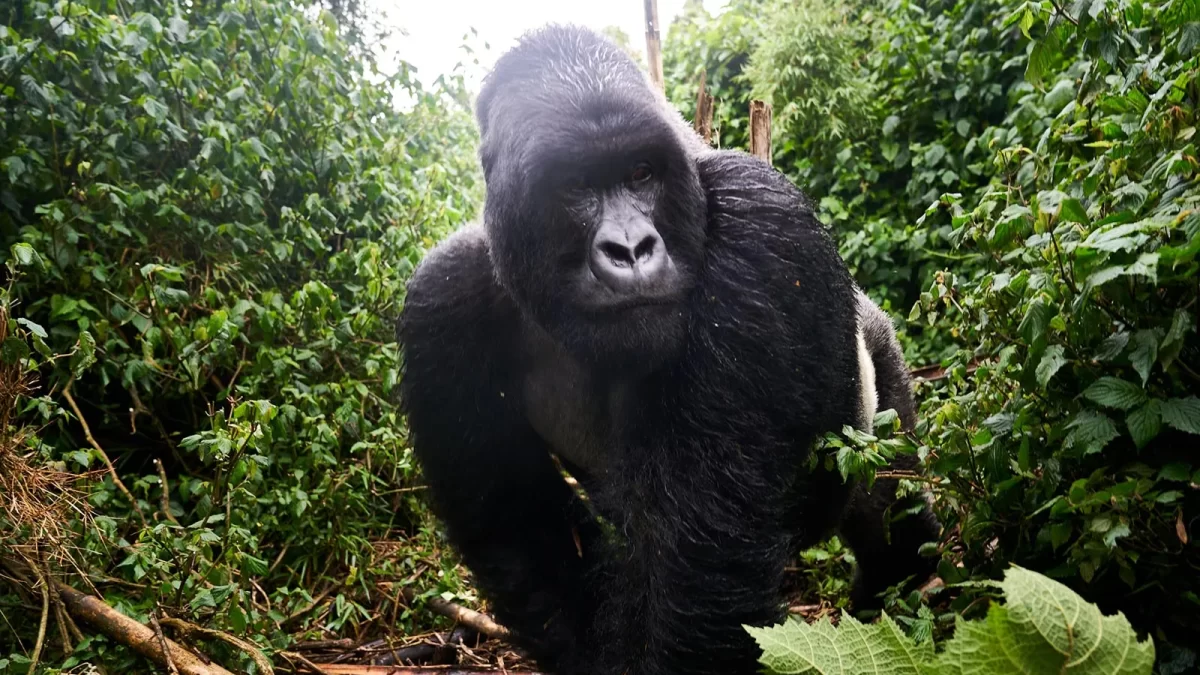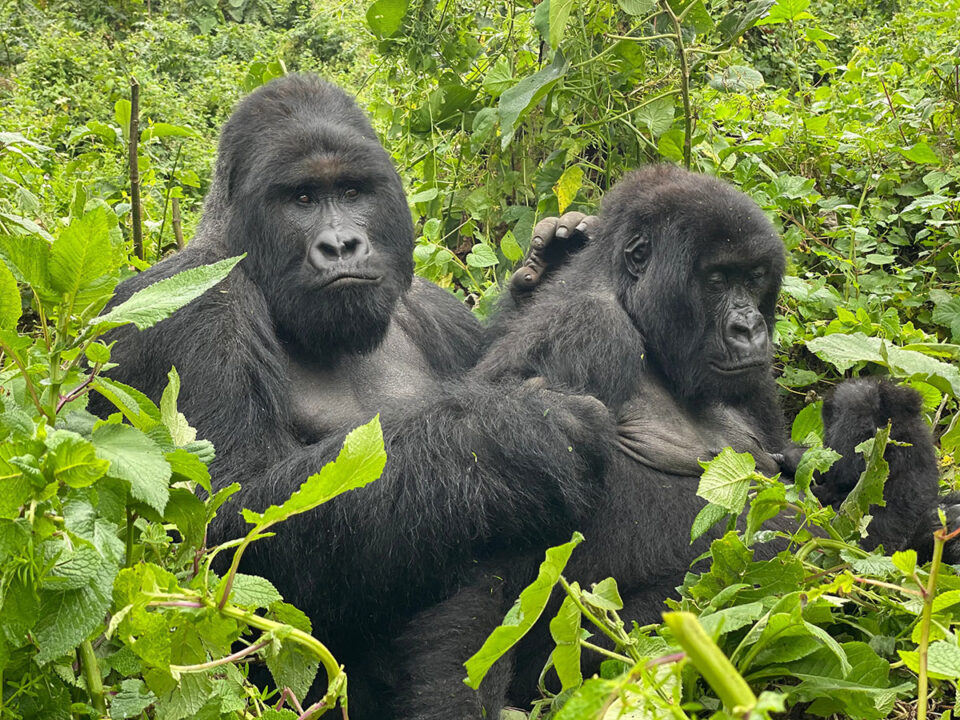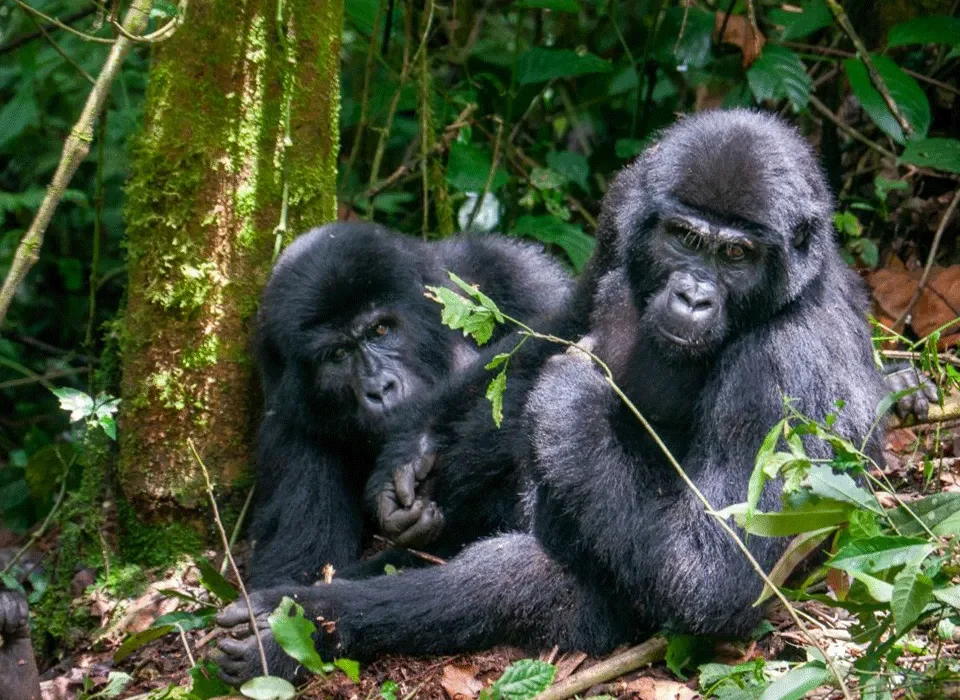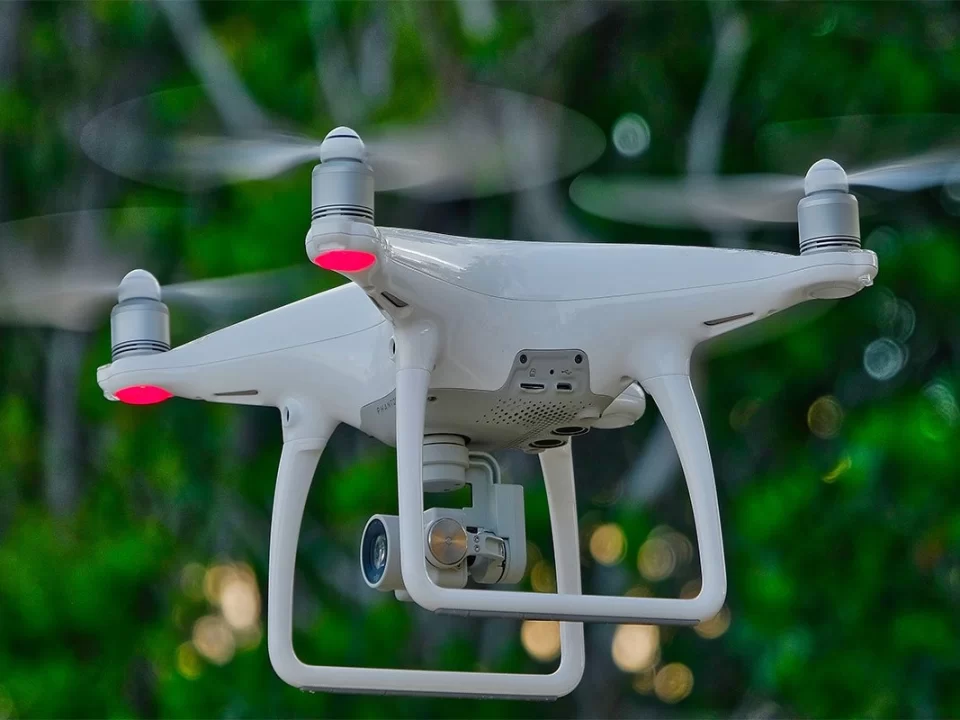Uganda Gorilla Permits Cheaper than Rwanda Permits

Gorilla Trekking Altitude and Acclimatization
February 6, 2024
Explore Bokora & Matheniko Wildlife Reserve
February 6, 2024Uganda Gorilla Permits Cheaper than Rwanda Permits
Unraveling the Pricing Mystery: Uganda Gorilla Permits Cheaper than Rwanda Permits — Embarking on the captivating journey to witness Mountain Gorillas in their natural habitats presents enthusiasts with the option of choosing between three African countries: Uganda, Rwanda, and the Democratic Republic of Congo. However, a notable discrepancy arises in the pricing of Gorilla permits, with Rwanda charging $1500 per person per trek, while Uganda offers a more budget-friendly rate of USD800 per person per trek. In this exploration, Trek Africa Expeditions delves into the factors contributing to the variance in Gorilla permit prices, examining why Uganda’s permits are more economical without compromising the immersive experience.
Reasons behind Uganda’s Cost-Effective Gorilla Permits:
Distinct Pricing Structures:
The primary driver of the divergence in Gorilla permit costs is the distinct pricing structures adopted by Uganda and Rwanda. Uganda strategically positions its Gorilla permits at USD800 for foreign non-residents, allowing travelers to save a substantial $800 in comparison to Rwanda’s pricing at $1500. This deliberate pricing decision makes Uganda an attractive destination for Gorilla tracking enthusiasts.
Marketing Dynamics:
While Uganda boasts a wealth of natural attractions, it may not be as well-marketed as Rwanda. In an effort to enhance its appeal to tourists, Uganda has opted to maintain lower Gorilla permit prices. This marketing strategy aims to attract a larger influx of visitors, positioning Uganda as a cost-effective alternative for Gorilla tracking enthusiasts.
Convenience of Gorilla Tracking in Rwanda:
Rwanda offers a logistical advantage when it comes to Gorilla tracking. The proximity of Kigali International Airport to Volcanoes National Park, coupled with well-connected road networks, allows for a streamlined Gorilla tracking experience. In contrast, the lengthy journey from Entebbe International Airport to Bwindi Impenetrable Forest or Mgahinga Gorilla National Parks in Uganda may deter those averse to extended travel times.
Perceived Excitement of Gorilla Tracking in Rwanda:
Rwanda’s Gorilla tracking experience is often perceived as more exciting, influencing the willingness of enthusiasts to invest in the higher-priced permits. The allure of a unique and thrilling adventure contributes to Rwanda’s ability to maintain elevated permit costs despite competition from Uganda and the Democratic Republic of Congo.
Tourism as a Foreign Exchange Earner:
Recognizing the economic potential of tourism, Uganda strategically views it as a significant foreign exchange earner for the country. In contrast, Rwanda, lacking the abundance of fertile soils and other natural resources, places a higher emphasis on Gorilla tracking as a revenue source. This fundamental difference in economic strategies influences the pricing dynamics of Gorilla permits.
It’s important to note that the opinions expressed regarding why Uganda’s Gorilla permits are cheaper than Rwanda’s are based on the insights of Trek Africa Expeditions. As travelers weigh their options for Gorilla tracking, understanding the factors shaping permit prices allows for informed decisions and an unforgettable adventure.




